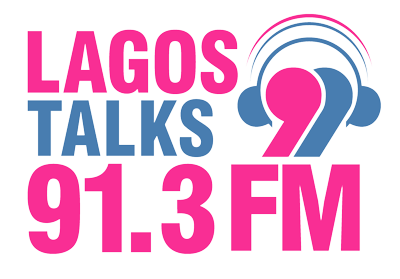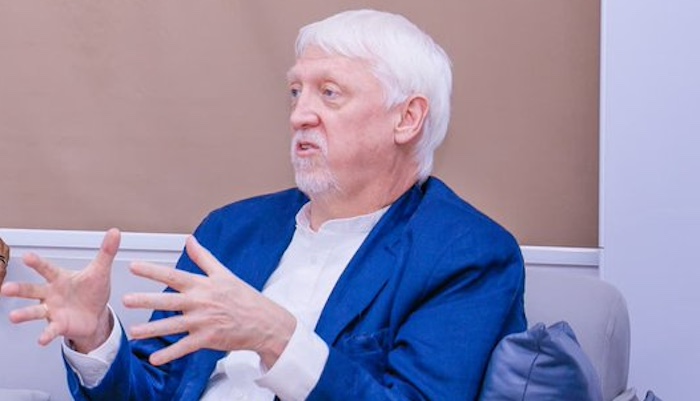Nigeria has officially launched a £17.9 million off-grid electricity project, funded by the European Union and the German government, aimed at addressing the persistent issue of blackouts in the country. The announcement was made by Mahmuda Mamman, the Permanent Secretary of the Ministry of Power, during the event for the 3rd Phase of the Nigerian Energy Support Programme held in Abuja.
Mamman highlighted that this initiative is crucial for bridging the electricity access gap for approximately 100 million Nigerians who currently lack reliable power supply. He noted that the previous phases of the programme have already made significant strides in increasing electricity access in rural areas across Nigeria.
The project is part of a broader effort to enhance the country’s energy infrastructure and improve the living conditions of its citizens by providing sustainable and renewable energy solutions. The third phase of the Nigerian Energy Support Programme builds on the successes of the first two phases, which have already contributed to expanding electricity supply in underserved communities.
This new funding is expected to facilitate the installation of renewable energy systems, particularly solar power, which will be instrumental in providing electricity to rural areas that are not connected to the national grid.
The initiative reflects ongoing international support for Nigeria’s energy sector, aiming to create a more reliable and sustainable electricity supply for its population.












